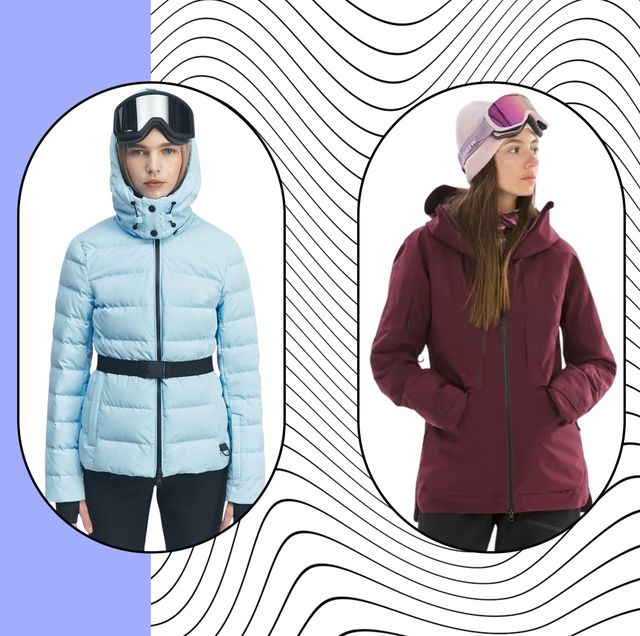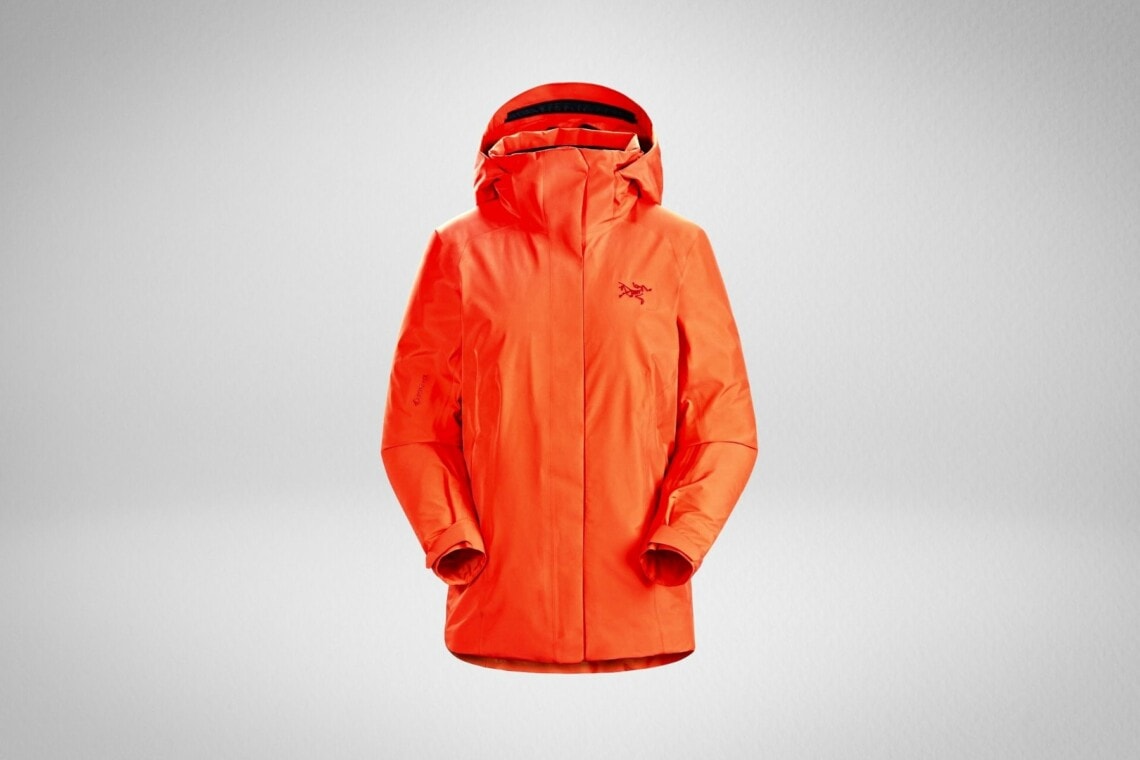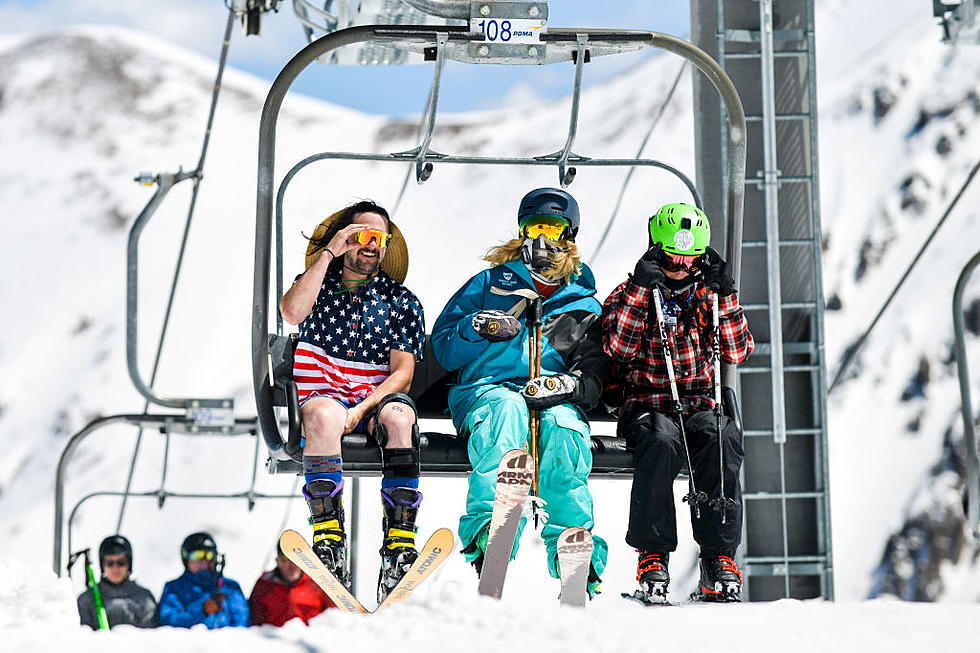
When it comes to skiing and snowboarding, many people ask: is it easier to ski or snowboard? It's a good question, and it really depends on your personal goals. Your level of skill, as well the snow conditions in your chosen resort, can affect your decision.
What makes ski and snowboarding so unique?
When you first get on a slope it can feel like you're not really going anywhere, especially if you're a beginner. Your feet are angled so that they face the slope sideways, not forwards. Although it may feel strange at first, once you get the basics down it will become easy to follow and you will be able to move quickly.
What is it about snowboarding that makes it so much more fun?
It can take a lot of practice to master the basics, but once you have it nailed you'll be able to link your turns and pick up speed. It can also be a lot of fun to see what you can do in the air!

Which is easier to learn?
Skiing is easier for beginners than snowboarding. Because you have to balance more on your board than with skiing, it can be difficult to get the hang of things and you'll fall more often. It's possible to become a pro quickly if your attitude is positive and you keep moving forwards.
It's not easy to learn.
Skiing is generally easier to learn than it is to master. This is because you need to spend a lot time learning how to ski. If you are a beginner, this can cause problems.
Plus, it may take longer to learn new skills and techniques. This could lead you to feel discouraged or slowing down. This can lead to you losing your enthusiasm and motivation, which can ultimately put a stop to enjoying the sport altogether.
Are you obligated to take breaks?
Breaks are important in any sport, but they're especially important when learning to snowboard. This is because your feet are going to be hanging off of the board. It can be very difficult to sit and stand up again.

Be careful and make sure you have all the gear and equipment that you need, such as protective shorts and knee pads. These will protect you against any falls and prevent you from getting hurt.
How safe is it?
While both skiing and snowboarding may be dangerous, it is important to wear proper clothing and take safety precautions. A professional instructor can help you learn, or it is a good idea to join a group lesson.
FAQ
Should I get travel insurance?
Travel insurance is essential if you are planning on doing something adventurous. It is important to have insurance that covers all types of adventure sports.
For example, if you are skiing, you should ensure that you have medical coverage. You should also think about getting coverage for theft loss and damage.
You should also consider buying cover for cancellation. You can cancel your holiday without incurring any penalty.
It is also a good idea if you are able to get emergency evacuation cover. In the case of an avalanche and other natural disaster, you can be evacuated from the mountain.
Where should I store my luggage?
There are several different options available. One of the most popular options is to use airport lockers. These are typically located near the security zone. They cost between $5-10 per day, depending on the locker size.
You can also rent a storage space. These are often found outside large hotels or shopping centers. There are discounts available for multiple units, although prices can vary.
Another option is to hire porters. You can hire a porter to help you carry your bags from the carousel to the room. A small fee is charged each time the porter helps you.
What amount of luggage should I bring?
The length of your trip determines how much luggage you should take. If you are traveling by plane, you only need hand baggage, usually less than 20kg. If you're traveling by bus or train, you'll need more space.
A form will be provided to you when you arrive at the airport with information about your flight. This will include information such a weight of your bags, and whether you need assistance with checking them in.
This should be checked before you leave home. If you don't, then you could find yourself waiting around for hours while everyone else checks their luggage.
Because you never know what could happen, it is better to travel light. For instance, if your bag is lost or stolen, you won’t have any clothes.
Which countries are known for their best food?
There are many countries that have different food. It's therefore difficult to identify the best countries for food.
However, we can tell which countries have the best food!
TripAdvisor users have ranked the following countries as their top three.
-
Italy - Italy has been voted number 1 by TripAdvisor users for its amazing food.
-
France - France came in second place because of its rich culture, cuisine and history.
-
Spain - Spain came 3rd due to its beautiful beaches, great weather, and wonderful people.
Statistics
- Alcoholic beverages with 24% alcohol or less are not subject to limitations in checked bags. (tsa.gov)
- Alcoholic beverages with more than 24% but not more than 70% alcohol are limited in checked bags to 5 liters (1.3 gallons) per passenger and must be in unopened retail packaging. (tsa.gov)
- Pack sweaters, jackets, and underwear in reusable compression bags creating up to 75% more space in your luggage. (wikihow.com)
- No Checked Bags: No Alcoholic beverages with more than 70% alcohol (over 140 proof), including grain alcohol and 151 proof rum. (tsa.gov)
- Case in point: the private island of Ilha Caldeira, less than seven miles off the coast as part of the Primeiras and Segundas Archipelago, is located within the marine-protected area with 20 percent of the country's intact living coral. (travelandleisure.com)
External Links
How To
How to find low-cost international flights
Cheap International Flight Searching is becoming very popular because of the rise of online agencies (OTAs), like Expedia, Travelocity and Orbitz. These OTAs offer low airfares at discounts.
However, when you search for international flight deals, many factors can impact your flight search results. These factors are:
-
The type of airline you choose.
-
Your destination city.
-
Your departure date.
-
Your arrival date.
-
The length of the stay.
-
The number and type of people that travel together.
-
Passengers' age group.
-
It doesn't matter if you fly in peak season or off-season.